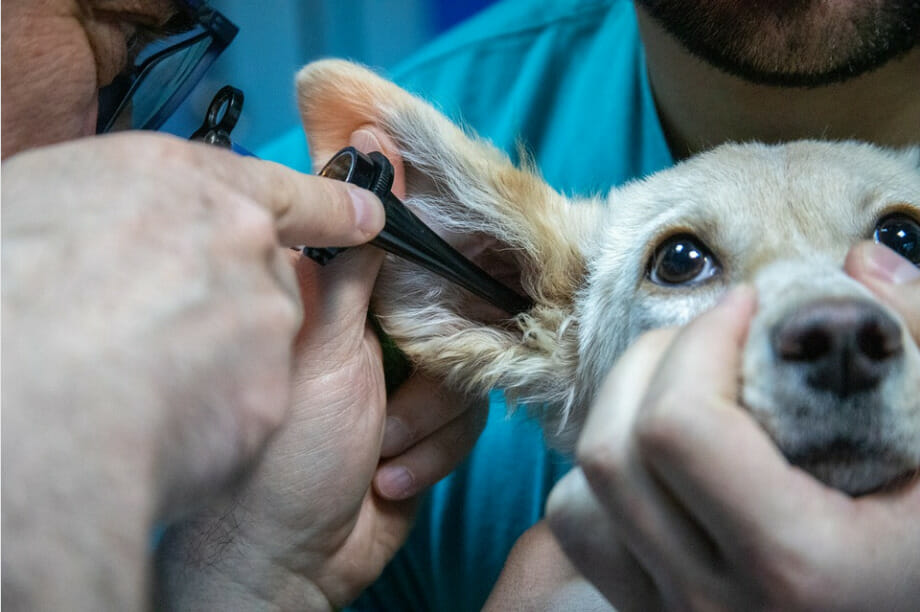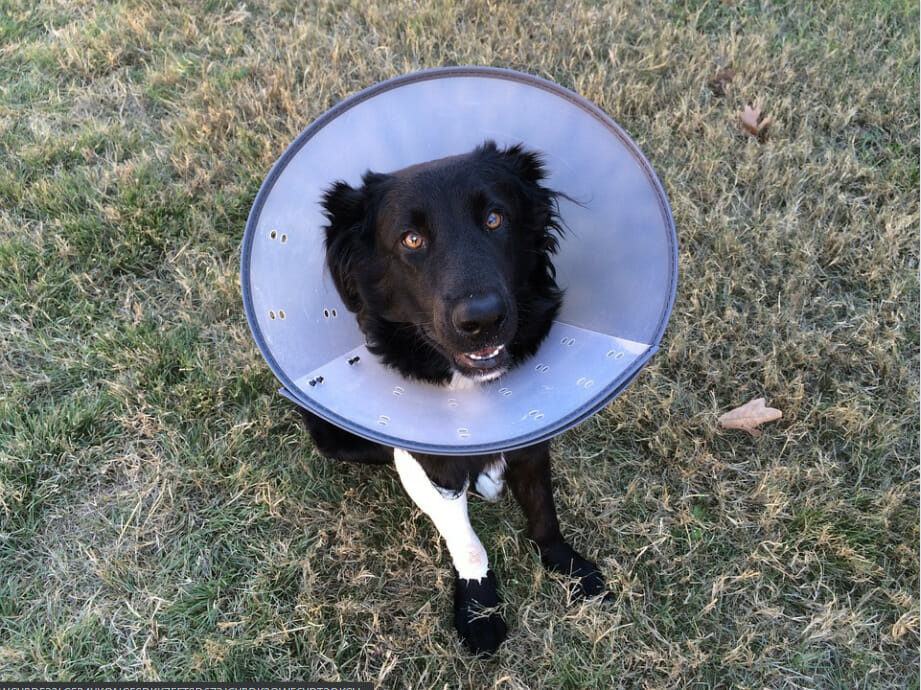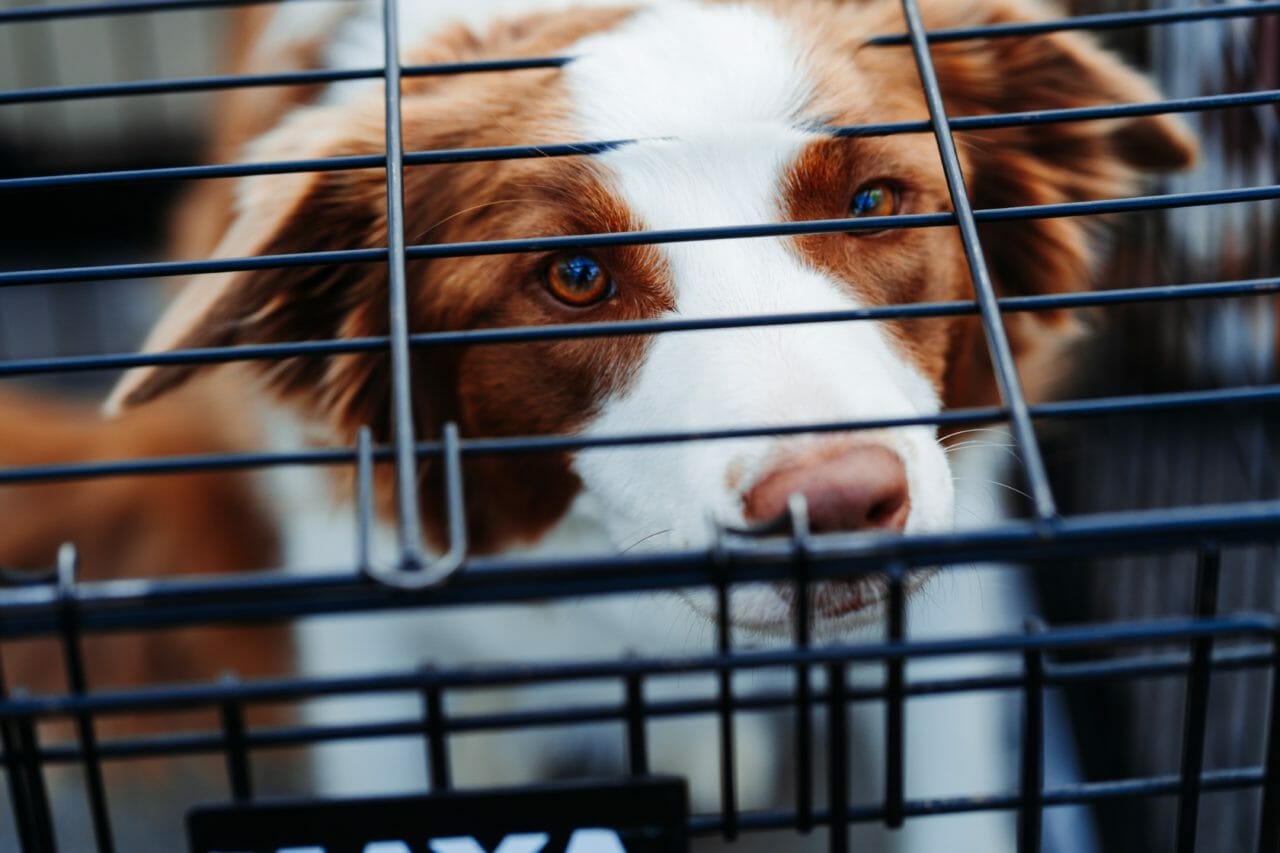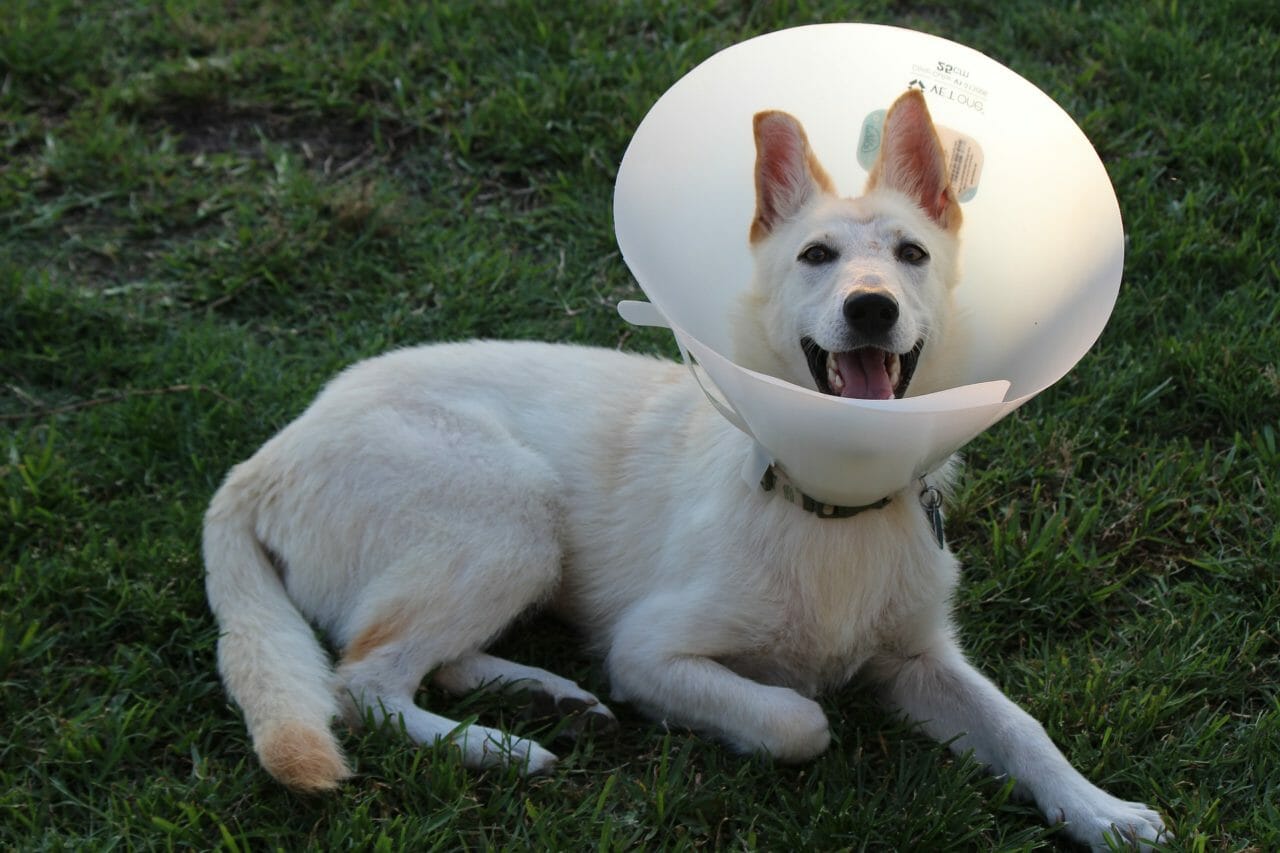Don’t panic if you catch blood coming from your pup’s ear!
Dogs are known for their floppy and very cute ears. But did you know that your dog’s ears are also very important for their health and wellbeing.
Dogs use their ears to help them balance, hear sounds, and stay calm. So when your dog starts bleeding from the ear, it can be cause for concern.
If your dog experiences a sudden bleeding episode from one or both ears, it’s important to determine the underlying cause immediately. There are many different reasons why your dog may have bleeding from the ear.
RehabPet.com will discuss the causes of dog ear bleeding and some available treatments to ensure your furry friend returns to their normal self in no time.
What Causes My Dog’s Ears To Bleed?
There are many different reasons why your dog may have bleeding from the ear. Some causes are more serious than others and will require immediate medical attention.
Ear Infection
One of the most common causes of dog ear bleeding. Ear infections in dogs are usually caused by a buildup of wax, dirt, or debris in the ear canal. This can cause the ear to become inflamed and irritated, leading to a bacterial or yeast infection. Ear infections are most common in dogs with long ears, such as Basset Hounds or Cocker Spaniels.
Allergies
Allergies can also be a culprit of dog ear bleeding. Allergies can cause your dog’s ear to become itchy and inflamed. If your dog is scratching their ears till they bleed, it’s likely due to an allergic reaction. Allergies can be caused by many different things, such as pollen, dust mites, certain foods, or even cleaning products.
Other reasons why there might be blood in your dog’s ear include:
Ear Mites
Ear mites are tiny parasites that live in your dog’s ear canal and feed off of their wax and skin oils. Ear mites are most common in puppies and young dogs but can occur in any age group.
Foreign Objects
Dogs are known for putting things in their mouths; sometimes, these things end up in their ears! If your dog has a foreign object lodged in its ear or pressed something hard against them, it can cause bleeding.
Trauma
If your dog experiences trauma to the head or ear, it can lead to bleeding. This could be from a car accident, a fall, or even being hit by another animal.
Cancer
Unfortunately, cancer can also cause blood in your dog’s ear. Cancerous tumors can grow in any body part, including the ears. If you notice a mass or lump on your dog’s ear that is accompanied by bleeding, it’s important to have it checked out by a veterinarian immediately.

Symptoms of Ear Issues in Dogs
In addition to bleeding, other symptoms may accompany an ear issue in your dog. If your dog is experiencing any of the following symptoms, ask your veterinarian about them right away:
- Excessive scratching or pawing at the ears
- Head shaking
- Rubbing their head on furniture or the ground
- Red, inflamed, or swollen ears
- Odor coming from the ears
- Discharge from the ears
- Hearing loss
- Loss of balance
- Dizziness
- Nausea or vomiting
These symptoms can indicate a more serious ear issue that requires medical attention. Now that we know some of the causes of dog ear bleeding, let’s discuss some available treatments.
Treatments for Ear Bleeding in Dogs
The treatment for your dog’s ear issue will depend on the underlying cause. The first step you need to take is to schedule an appointment with your veterinarian.
They will conduct a physical examination and ask about your dog’s medical history. Your vet may also need to take a sample of the discharge from your dog’s ear for testing.
Once the underlying cause is determined, your vet can provide you with the appropriate treatment options.
- If an ear infection is a cause, they may prescribe antibiotics or ear drops.
- If allergies are to blame, your vet may recommend a change in diet or allergy medication.
- If your dog has ear mites, your vet will likely prescribe a topical treatment to kill the parasites.
- For foreign objects or trauma, your dog may need surgery to remove the object and repair any damage.
Cancerous tumors will also require more aggressive treatment, such as chemotherapy or radiation therapy. If your dog has a tumor, your vet will discuss all available treatment options with you.
At Home Care for Your Dog
In addition to the treatment prescribed by your veterinarian, there are some things you can do at home to help your dog feel better.
If you see your dog’s ears are starting to bleed, here are a few solutions to help them feel comfortable:
Apply Pressure to the Ear With a Cloth
If the bleeding is coming from the outer ear, you can try to apply pressure with a clean cloth. This may help to stop the bleeding.
Make a Cold Compress
You can also make a compress by soaking a clean cloth in cold water and then applying it to your dog’s ear. The coldness of the compress will help to soothe any pain and inflammation.
Clean the Wound
If you know that the blood in your dog’s ear comes directly from trauma or a foreign object, you can try to clean the wound. First, soak a cotton ball in warm water and then gently wipe away any dirt or debris. Once the area is clean, apply an antibiotic ointment to help prevent infection.
Give Your Dog Pain Medication
If your dog is in pain, you can give them over-the-counter pain medication, such as acetaminophen or ibuprofen. Be sure to ask your vet first for the recommended dosage, and remember this is only when you can’t get to your vet right away for property treatment.
Schedule an Appointment With Your Vet
As we mentioned above, these are at-home solutions, but the best thing you can do is to schedule an appointment with your vet. They will be able to properly diagnose and treat the underlying cause of your dog’s ear bleeding.

Preventing Ear Bleeding in Dogs
There are a few things you can do to help prevent ear issues in your dog, such as:
Regularly Clean Your Dog’s Ears
You should clean your dog’s ears regularly, at least once a week. You can use a dog ear cleaner purchased at your local pet store.
Avoid Water in Your Dog’s Ears
After your dog goes swimming, make sure you dry their ears out completely. Water that stays in the ear can lead to an infection.
Feed Your Pup a Healthy Diet
A healthy diet can also help prevent ear issues. Avoid feeding your dog foods that contain a lot of grains, as this can lead to allergies.
Check Your Dog’s Ears After They Run or Play
If your dog likes to run and play, be sure to check their ears after they’re done. This will help you catch any dirt or debris that may have gotten lodged in their ear during playtime.
Closing Thoughts
As you can see, putting a stop to dog ear bleeding can be easy if you watch for the signs of an issue. If you notice your dog’s ears are bleeding, it’s important to take them to the vet. With proper treatment, your dog will feel better in no time.
And remember, you can help prevent ear issues by cleaning your dog’s ears regularly and feeding them a healthy diet. If you have any concerns, be sure to talk to your vet. They can help you create the right care plan for your dog.
Wag on!



